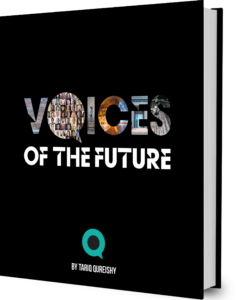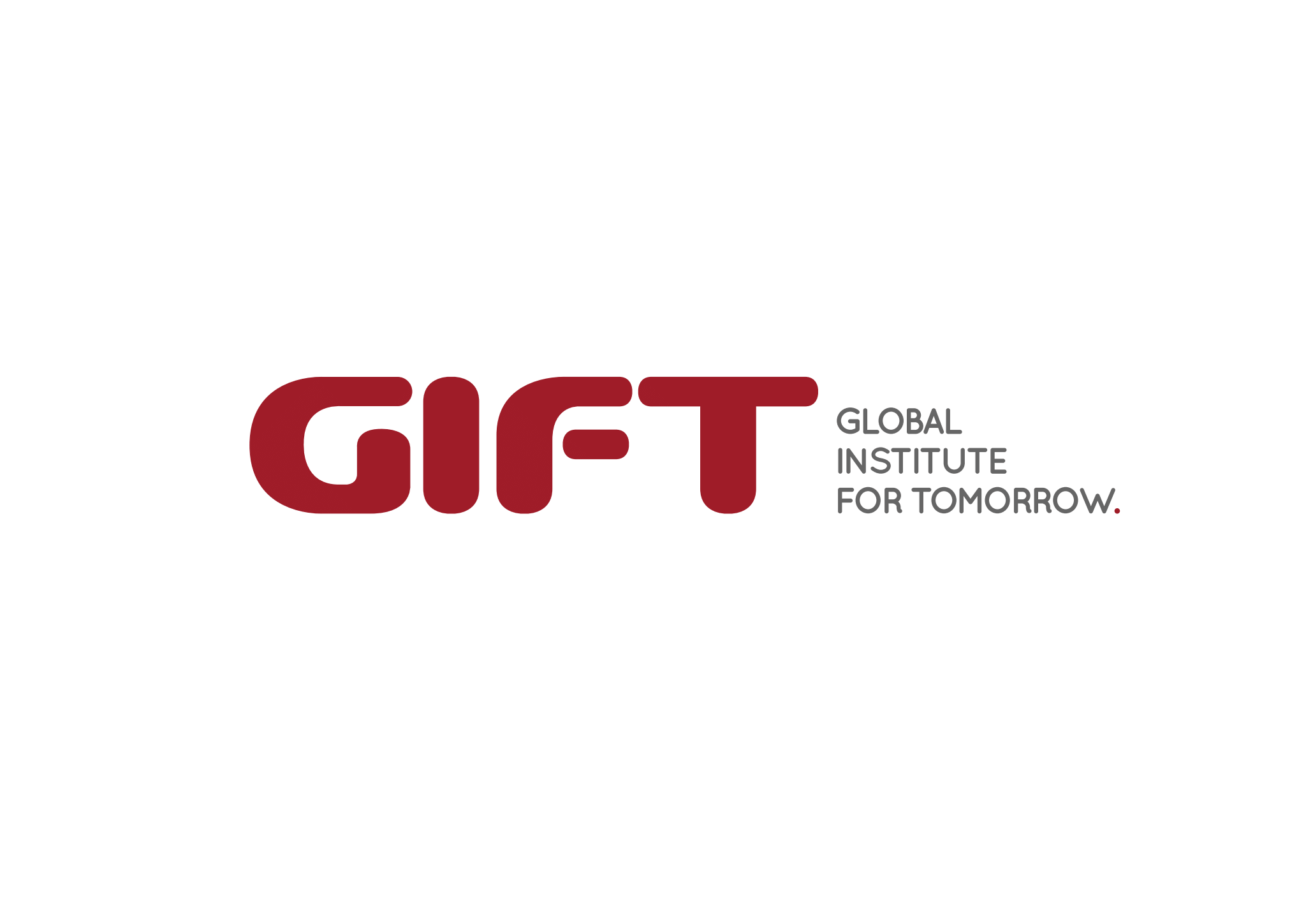Chandran Nair has devoted his life to challenging conventional wisdom and advocating for a future that balances economic progress with social and environmental responsibility. As the Founder and CEO of the Global Institute For Tomorrow (GIFT), a pan-Asian think tank, he is a guiding light of intellectual honesty and a clarion call for truly sustainable development. My conversation with Chandran offers a glimpse into the mind of a man who dares to envision a different kind of future for us all.
His journey began far from the corridors of global influence, in Malaysia, where he was born to Indian parents. His early life was marked by the discovery that the narratives he had grown up with were far from the complete picture. He studied and worked for a time in London, but his subsequent volunteer work in Africa reshaped his worldview, instilling a deep understanding of the interconnectedness of global issues and the importance of addressing them head-on.
He’s authored three books, ‘Consumptionomics: Asia’s Role in Reshaping Capitalism and Saving the Planet’, ‘The Sustainable State: The Future of Government, Economy, and Society’ and ‘Dismantling Global White Privilege: Equity for a Post-Western World’ He is also the Creator of ‘The Other Hundred’, a non-profit global photo journalism initiative to present a counterpoint to media consensus on some of today’s most important issues.
Previously, he was chairman of Environmental Resources Management (ERM in Asia Pacific until 2004, establishing this company as Asia’s leading environmental consultancy. He’s also served as an Adjunct Professor at the Hong Kong University of Science and Technology and the Lee Kuan Yew School of Public Policy in Singapore. He is a member of the Executive Committee of The Club of Rome and a Fellow of the Royal Society of Arts.
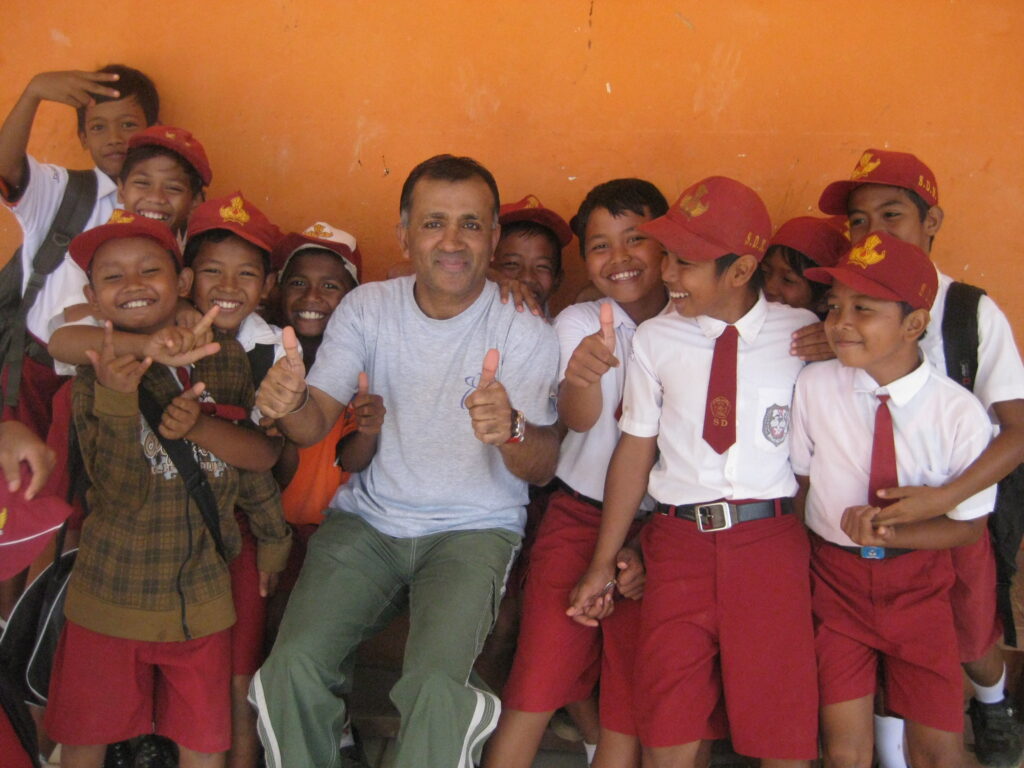
Since 2004, he has been crusading against intellectual dishonesty in the corporate world. Chandran questions why leaders who know better often put business interests ahead of societal welfare. “Why are people in positions of power not speaking the truth? Why are CEOs of large companies selling junk food and telling us they’re going to be sustainable? Why are they hoodwinking everyone?” he asks. “People shouldn’t put their business interests ahead of the interests of society, and the same can be said of people in positions of power. Intellectual dishonesty is pervasive in politics and the media today, too.” His criticism extends to the deceptive practices that mask the actual costs of consumerism and its impact on the planet.
A significant portion of our discussion revolves around the fundamental flaws in our current economic model. He argues that hyper capitalism and the stark divide between rich and poor create profound global issues. Chandran is at the forefront of building a narrative for a sustainable future. “We shouldn’t start from the point of view that we can create a utopian society; that’s naive and unrealistic. But we can do better than we are,” he advises.
His critique of the current economic model is incisive: “We’ve built an economic structure that essentially encourages all of us to consume relentlessly while underpricing everything.” He points out that the current global economic model essentially urges overconsumption. And that was praised by media outlets and glorified as the ‘American Dream,’ he believes. “But we all know what overconsumption has done to American society: a lot of people are unhealthy and unhappy. Societies need to recalibrate – we cannot overconsume.” He challenges the prevailing consumption-driven economic model and proposes a radical shift towards accurately pricing goods to reflect their environmental costs.
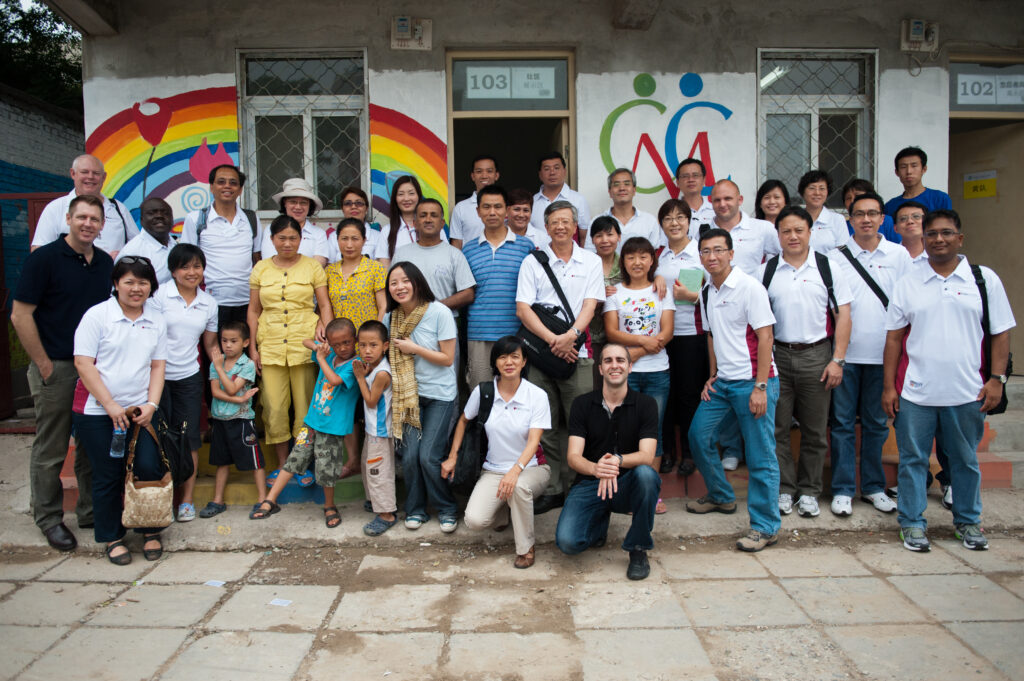
He advocates for a model that emphasizes equitable resource distribution and the welfare of society at large. How? The call for sustainable development. “Sustainability is improving the quality of life of the bottom 50%. We have an obligation to take them up. We can’t continue to live in a world where these majorities are marginalized,” he asserts.
Chandran believes in building a collective consciousness that understands the intricacies of sustainability beyond just climate change. He envisions a future that will demand a change in how we view our consumption patterns and the impact of technology on our lives.
I ask Chandran to fast-forward to 2050, where there are grand challenges and significant issues, to share his insights on the solutions we can create. “I’m an incorrigible optimist,” he asserts. “True innovation comes when confronting real problems, not another food delivery app. I’m convinced we’ll have solutions for some major problems, but they won’t be perfect solutions. We have to face it: in the future, we will have to adapt to a completely new way of living.” His vision for the future includes global cooperation for de-urbanization, redesigning food systems, and rethinking energy consumption as key strategies for a sustainable future.
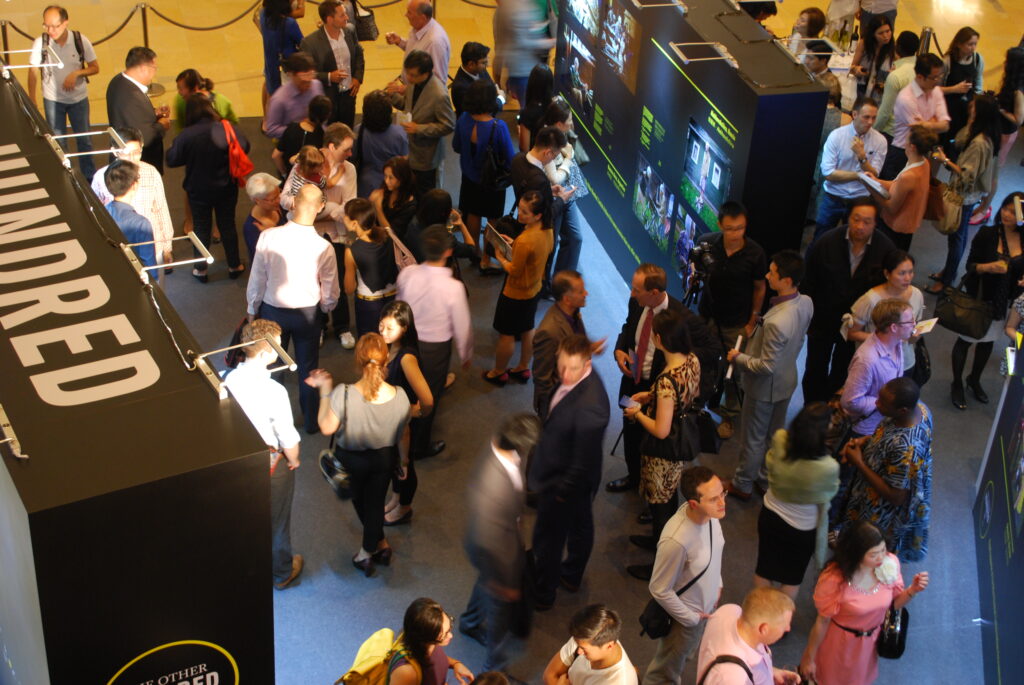
Off-air, we spoke about the importance of future technologies. I touched on AI’s accelerated development and advances in genetics and asked him for his view. But Chandran’s answer shocked me: “Toilets and water supply are the most important technologies for the future. Connect the world through clean water. By WHO standards, 70% of the world doesn’t have potable water, and 70% doesn’t have proper sewage.”
He argues the ‘most important environmental improvement in the world’ is the ability to handle the sanitation of 8 billion people daily. “Hygiene is the most important thing – building that infrastructure creates sustainable development. That will improve the quality of life for 70% of the world – and the environment.”
Drawing our discussion to a close, Chandran delivers his insights on political perspectives. “In the future, we as individuals must understand that on a crowded planet, our individual freedoms are not settled,” he says. “Collective welfare in a crowded world will take precedence over individual rights. Liberal democracy, as fashioned in the West, cannot sit comfortably with the notion of living within limits. It’s an ideological obsession with the individual being king. For the future of the planet, it is about sustainability.”
Chandran’s contrarian views challenge our norms and put forward compelling arguments for a societal reset. Chandran Nair delivers a pathway for a sustainable world of the future. The planet needs to take heed of his wisdom and insights.


